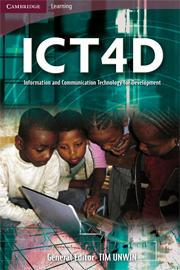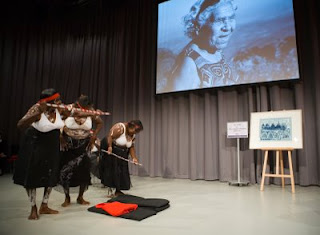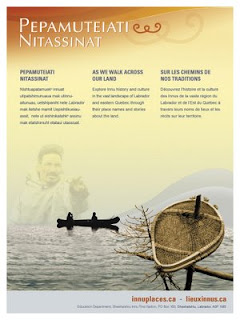Learning and Knowing in Indigenous Societies Today, UNESCO ReportEdited by P. Bates, M. Chiba, S. Kube & D. Nakashima, 2009
The loss of their specialised knowledge of nature is a grave concern for many indigenous communities throughout the world. Changes to the social environment, generally brought on by the introduction of new technologies, lifestyles and market economies through colonisation and modernisation, undermine the transmission of ‘indigenous’ or ‘traditional’ knowledge. This process is often accompanied by the transformation of the natural milieu, for example when rainforests are converted to pasturelands, or valleys are flooded to become reservoirs, radically altering the arenas in which indigenous knowledge would be acquired and passed on.
The issue of education, as it is understood in a Western context, occupies a pivotal role in this process, highlighted by many as both a major cause of the decline of indigenous knowledge, and also as a potential remedy to its demise. In the classical Western understanding of the term, education tends to involve learning through instruction and reading, and by internalising abstract information which may later be applied in specific real-world contexts. For many indigenous cultures, however, learning occurs through the process of observing and doing, and by interacting over long periods of time with knowledgeable elders and the natural environment. This learning process is so subtle and unobtrusive that often it is not recognised as learning at all, even by the learners themselves. The knowledge resulting from this latter process is not necessarily abstract information, but is instead intricately bound to experiential process. For many indigenous peoples, knowledge is thus an integral aspect of a person’s being, and by separating it from its context one may render it meaningless.
As might be imagined from these fundamentally contrasting epistemologies, it seems that the two ways of learning – Western and indigenous – may be uncomfortable bedfellows. Time spent by indigenous children in classroom settings is time that they are not spending learning through experience on the land, weakening their knowledge of the local environment and their interactions with the community. In formal schooling, teachers are figures of authority and Western ‘scientific’ knowledge is often presented as the ‘superior’ way to understand the world. This weakens the respect that children have for community elders and their expertise. Furthermore, curricula may contain little of relevance to local realities or may actively denigrate local culture.
Colonial languages are frequently the modes of instruction, further hastening the decline of indigenous and vernacular languages, and widening the rift between elders and youth. Many indigenous communities are therefore in a quandary. While formal education promises to open pathways to the material benefits of the Western world, at the same time it tends to be destructive to indigenous knowledge and worldviews. Furthermore, education curricula, designed for a mainstream and largely urban populace, may be of limited utility for remote rural communities where wage-earning jobs are few and far between. Indeed, acquiring indigenous knowledge of how to navigate and survive on the land, and how to use local resources to feed, clothe and provide for one’s family, may be of much greater relevance for the contexts in which many indigenous groups continue to live today.
Commendable efforts are being made to better align educational curricula with indigenous realities by incorporating local knowledge and language content, but the interrelationship and balance between the knowledge forms remains delicate. These issues, and attempts to address them, are explored within this volume.
 MELCA Mahiber, an Ethiopian NGO member of the African Biodiversity network (ABN), facilitated the construction of a large Participatory 3D Model covering 1,575 sq. km (at a 1:12,500-scale) in Bale and West Arsi, Ethiopia.
MELCA Mahiber, an Ethiopian NGO member of the African Biodiversity network (ABN), facilitated the construction of a large Participatory 3D Model covering 1,575 sq. km (at a 1:12,500-scale) in Bale and West Arsi, Ethiopia.



